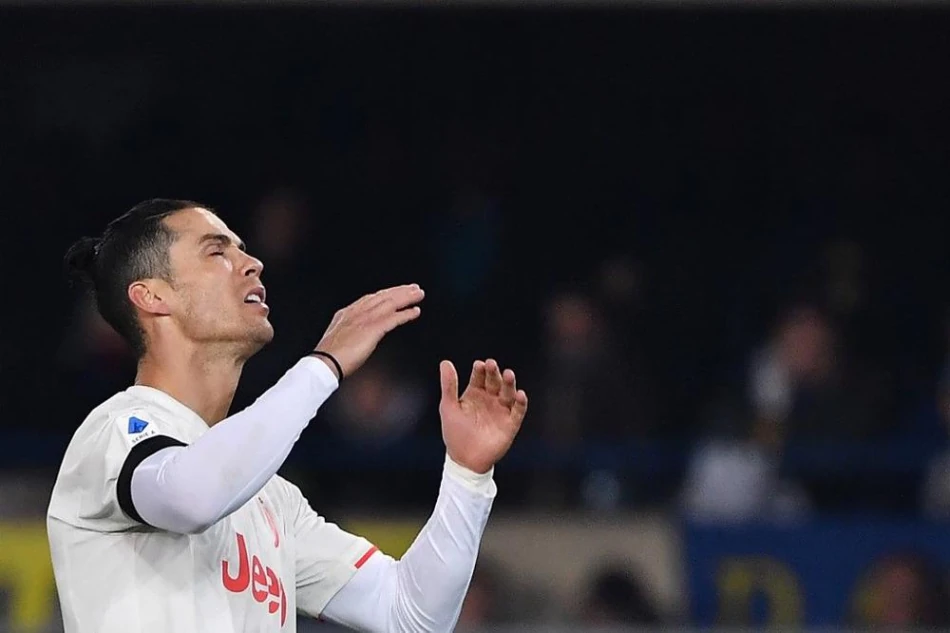
Ronaldo's Controversial Islamic Influencer Follow Sparks Debate in Portugal
Ronaldo's Instagram Follow of Islamic Scholar Sparks Global Conversation About Faith and Football
Cristiano Ronaldo's decision to follow prominent Portuguese Islamic preacher Mohamed Ibrahim on Instagram has ignited widespread speculation about the football superstar's spiritual journey. The Al-Nassr captain's social media activity, noticed by eagle-eyed fans, comes amid his transformative period living and playing in Saudi Arabia, raising questions about whether cultural immersion is influencing one of the world's most watched athletes.
The Social Media Move That Caught Global Attention
When followers spotted Mohamed Ibrahim's account among Ronaldo's Instagram follows, it immediately triggered a wave of curiosity across social platforms. Ibrahim, a well-respected Islamic scholar and influencer in Portugal, is known for his educational content that introduces Islamic principles to Portuguese-speaking audiences in accessible, clear language.
The timing appears significant. Ronaldo has been living in Riyadh since joining Al-Nassr in December 2022, immersing himself in Saudi culture and Islamic traditions for over a year. This extended exposure to Islamic society represents the deepest cultural shift of his career.
Ibrahim's Growing Influence in Portugal's Islamic Community
Mohamed Ibrahim has built a substantial following as a religious educator and community leader in Portugal, where Muslims comprise roughly 0.4% of the population. His approach focuses on demystifying Islamic teachings for broader Portuguese society, making him a bridge figure between communities.
Ibrahim's content strategy—using Portuguese to explain Islamic concepts—has proven effective in reaching both Muslim and non-Muslim audiences curious about the faith. This educational approach may have appealed to Ronaldo, who has always been methodical about learning and self-improvement throughout his career.
The Saudi Arabia Factor: Cultural Immersion Beyond Football
Ronaldo's move to Al-Nassr represented more than a lucrative career transition—it placed him at the center of Saudi Arabia's ambitious Vision 2030 project to modernize and internationalize the kingdom. Living in Riyadh has exposed him daily to Islamic culture, from the call to prayer to Ramadan observances that pause the Saudi Pro League schedule.
This cultural immersion differs markedly from his previous experiences in Manchester, Madrid, and Turin, where he remained largely within Western cultural frameworks. The Saudi environment naturally encourages deeper engagement with Islamic traditions and values.
Historical Precedent: Athletes and Spiritual Exploration
Ronaldo wouldn't be the first global sports icon to explore Islamic teachings. Muhammad Ali's conversion famously transformed both his career and cultural impact. More recently, players like Paul Pogba, N'Golo Kanté, and Karim Benzema have spoken openly about how Islamic faith influences their professional lives.
The difference with Ronaldo lies in his unprecedented global reach—with over 600 million Instagram followers, any spiritual journey he undertakes becomes a worldwide phenomenon with potential cultural implications far beyond sports.
Market and Cultural Implications
From a commercial perspective, Ronaldo's apparent interest in Islamic teachings could strengthen his brand appeal across Muslim-majority markets representing over 1.8 billion people globally. His existing partnerships with Middle Eastern brands and tourism boards already capitalize on his regional popularity.
For Saudi Arabia's soft power strategy, having the world's most followed athlete genuinely engage with Islamic culture—rather than simply tolerating it—represents invaluable authentic promotion of the kingdom's values and traditions.
Reading the Signs: Genuine Interest or Cultural Courtesy?
While speculation runs rampant, Ronaldo's Instagram follow could represent anything from genuine spiritual curiosity to simple cultural courtesy toward his adopted home. His documented respect for local customs—including modest dress codes and Ramadan observances—suggests authentic engagement rather than mere performance.
The footballer's methodical personality and lifelong commitment to self-improvement align with Islamic emphasis on discipline, charity, and continuous learning. These philosophical parallels may explain his interest in Ibrahim's educational content, regardless of any potential religious conversion.
What remains clear is that Ronaldo's cultural bridge-building, whether intentional or organic, demonstrates sport's unique power to foster cross-cultural understanding on a global scale. His journey in Saudi Arabia continues to unfold as one of the most watched cultural exchanges in modern sports history.
Most Viewed News

 Sara Khaled
Sara Khaled






